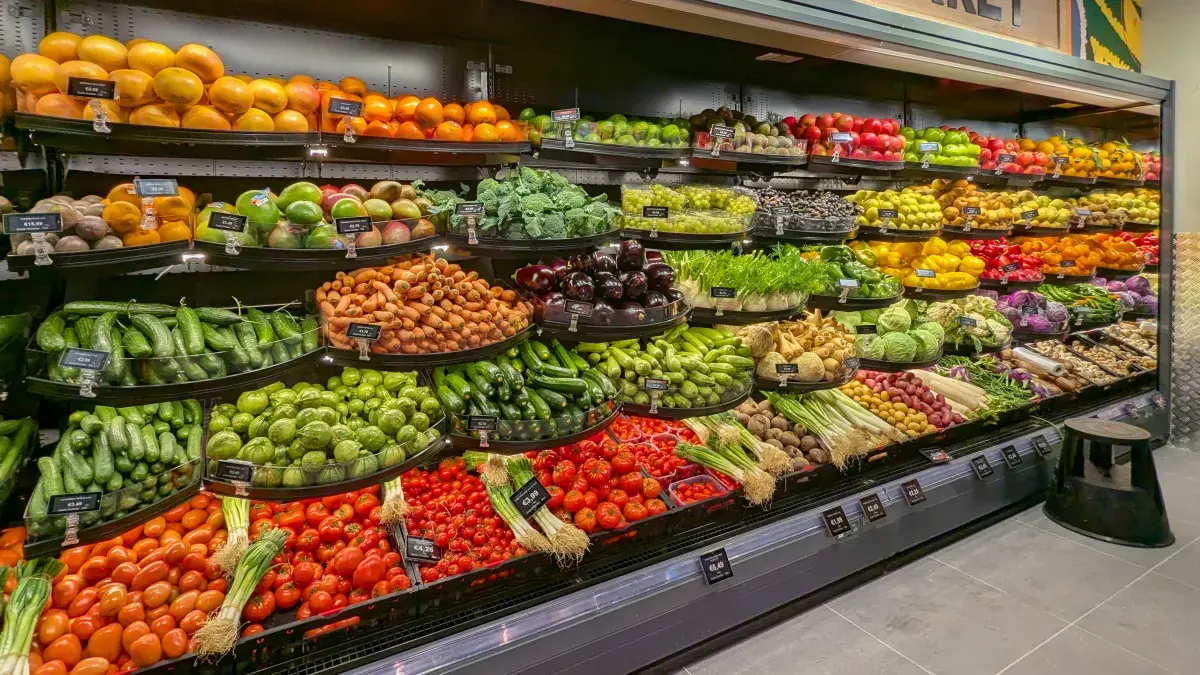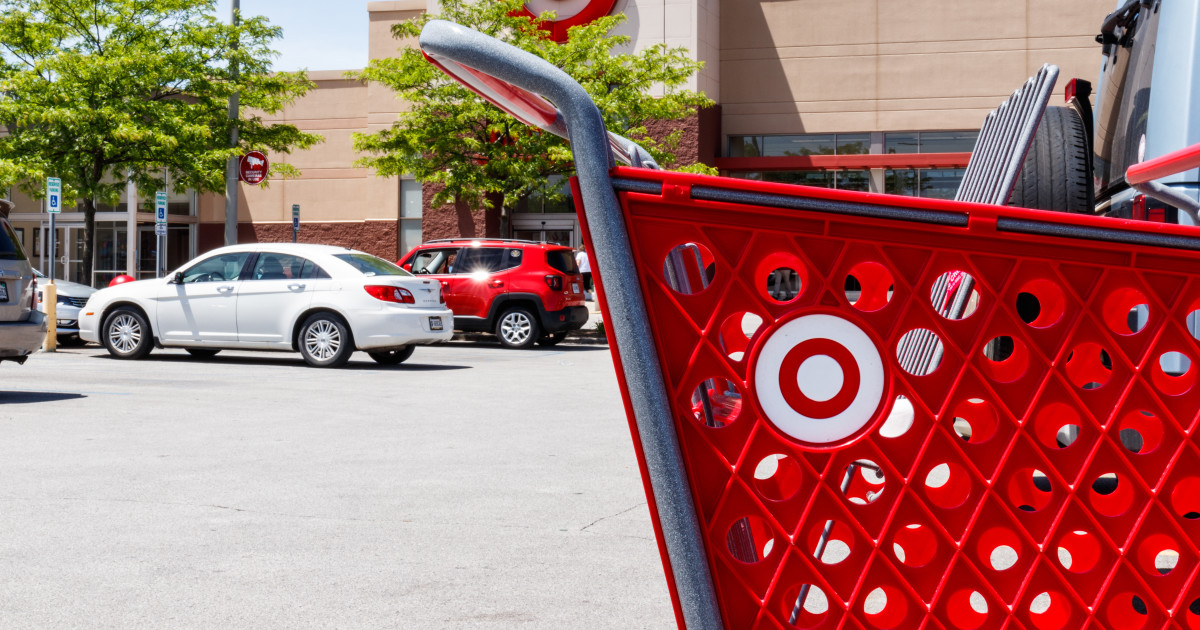Copyright Newsweek

The White House is facing criticism after citing data from food delivery service DoorDash to claim progress in reducing inflation. Press secretary Karoline Leavitt on November 10 shared a link to a White House release on X, highlighting the company’s State of Local Commerce report, writing: "President Trump’s bold economic agenda is delivering real results for American families—with new data from DoorDash’s State of Local Commerce report confirming that inflation has been tamed, everyday prices are beginning to drop, and wages are growing." The report analyzes hundreds of millions of DoorDash transactions to track local economic trends, including prices of food items and weekday lunch orders to downtown areas in U.S. cities. The White House shared DoorDash’s findings, which claimed grocery prices for breakfast items had dropped 14 percent over the last six months. The company’s Breakfast Basics Index measures the average cost of a gallon of milk (divided by 16); a dozen eggs (divided by 4); a six-pack of bagels (divided by 6); and a large avocado purchased from grocery stores on DoorDash Marketplace. DoorDash also reported that everyday essentials—including toilet paper, laundry detergent, pain relievers, diapers, toothpaste, and shampoo—had "remained flat" over the 12 months ending in September 2025, decreasing by an average of 2 cents nationwide. Weekday lunch orders to downtown areas rose in over half of U.S. cities, led by Chandler, Arizona, and San Francisco, California. According to the U.S. Bureau of Labor Statistics, inflation stood at 3 percent on all items in September, roughly the same level as when Trump’s administration took office in January. During Joe Biden’s presidency, inflation peaked at 9.1 percent in June 2022, the highest rate in four decades. CNN reported that overall prices have risen 1.7 percent since January and 3 percent over the year, with grocery prices up and gas averaging $3.08 per gallon, not the "almost $2” Trump claimed. DoorDash told Newsweek that the State of Local Commerce report is data-driven, and not about politics. According to the food-service company, the aim of the report is to provide data-driven insights to help policymakers, economists, and communities understand real-time local trends. The company said the report draws on internal data and external sources such as the Census and Bureau of Labor Statistics to show affordability patterns across 100 U.S. cities. Newsweek reached out to The White House press office for comment via email. Expert Questions Relying on Third-Party Data While private-sector data can offer useful snapshots of consumer trends, it cannot replace official government metrics such as the Consumer Price Index (CPI) or the Personal Consumption Expenditures (PCE) index. Dr. Peter C. Earle, Director of Economics and Economic Freedom at the American Institute for Economic Research, told Newsweek: "In a pinch, private-sector data like DoorDash’s can be a handy real-time snapshot when official reports are delayed. "But it’s no substitute for the size, scope, and methodological rigor of the CPI or PCE," Earle said. "Food-delivery prices represent a pretty-narrow part of household spending—mostly higher-income, urban consumers ordering prepared meals. That data doesn’t capture the full picture of inflation across housing, energy, durable goods, and other services." Earle added that data sets such as DoorDash’s can provide early forecasts about service-sector costs or changes in consumer behavior, but only when used in addition to traditional economic measures, not as a replacement. Earle said that the administration’s reliance on DoorDash data shows how politics and perception can shape economic narratives, particularly during the ongoing government shutdown, when official statistics from agencies such as the Bureau of Labor Statistics are delayed. Social Media Reaction The use of DoorDash data drew swift criticism online. One political and pop culture commentator, @brooke.talks.politics, wrote on Threads: "The White House is relying on DOORDASH data to measure our country’s economic success. How anyone takes any of these fools seriously is beyond me." Others mocked the move amid the ongoing shutdown and reported staff shortages, speculating that it stemmed from recent layoffs—though there is no substantiated evidence of this. An analysis by the Economic Policy Institute noted that federal agencies sent layoff notices around October 10 to roughly 4,200 employees across seven agencies. "They’ve laid off so many people that the government is now getting its economic data from DoorDash," wrote Dare Obasanjo. Professor Gertrude Peebles commented: "To my students: I don’t care if the Press Secretary cites DoorDash, you may not. It is food. Not data." A Broader Messaging Challenge Earle said that, while app-based data sets can "democratize insights" and make inflation tracking more real-time, their use in political messaging risks oversimplifying complex realities. "Third-party data sets are properly gathered, cleaned, and cross-checked; they can be somewhat helpful. DoorDash, Uber Eats, Instacart (etc.) data can reveal small price changes weeks before the CPI food components, but one has to adjust for regional patterns, delivery fees, and how customers substitute cheaper options," Earle said. "It's a tall order, no pun intended. At face value, sources like these can democratize insights and make inflation tracking a bit more real-time. When used for messaging, though, the risk is flattening a very complex, multidimensional phenomenon—the price level and inflation—into a single number or headline," he added.



